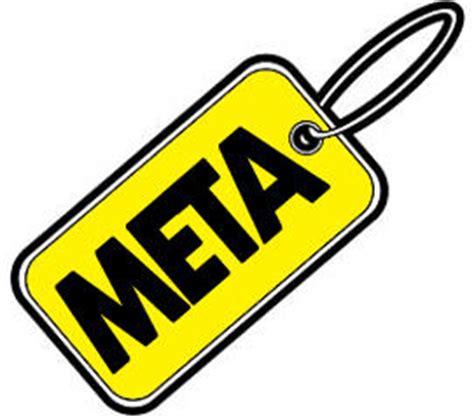I’m pretty sure we’re all across the recent decision to restrict social media to people aged 16+, but has any thought been put into how we’ll respond to this?
I know we have about a year to figure it all out, but I am worried about the future of aussie.zone. @[email protected] @[email protected] do you have the time to implement something? Do you feel comfortable collecting the required information and managing age verification? Are donations sufficient to allow you to pay some other company to do it for you?
Another option is that we may be able to apply for an exemption from the eSafety Commissioner - but is that an actual option? Do either of you have the ability and time to procure the required documentation and write letters to the commissioner, or whatever else is needed?
Perhaps more importantly; what modifications could even be put in place that would be compatible with Lemmy? Will the instance just shut down?
If worse comes to worst, could another option be disabling signups and banning/removing all users, but keeping the instance open as a remote instance accessible solely through other instances?
Forgive me if I am being cynical and jumping the gun, but I am genuinely concerned that a solution won’t be found, or neither of you will have the time/ability to implement one, forcing aussie.zone to come to a close. I really love our little instance, and it would be a major shame to see it go.
Whatever happens, please don’t just leave us in the dark before eventually pulling the plug on AZ with a couple of days notice (or worse: no notice)


Yeah I’d like to think the government will set up some kind of anonymizing check via myid that lets hosters easily insert the check into their account setup without sacrificing user privacy or tracking their online presence, but you just know none of that is going to be the case. It’s either going to be a full track gov implemented solution or a poorly supported system of people handing over their IDs with little to no restrictions on how the data is stored.
Or a checkbox that says ‘Yes, I’m over 16’, as the current age-restricted content has.